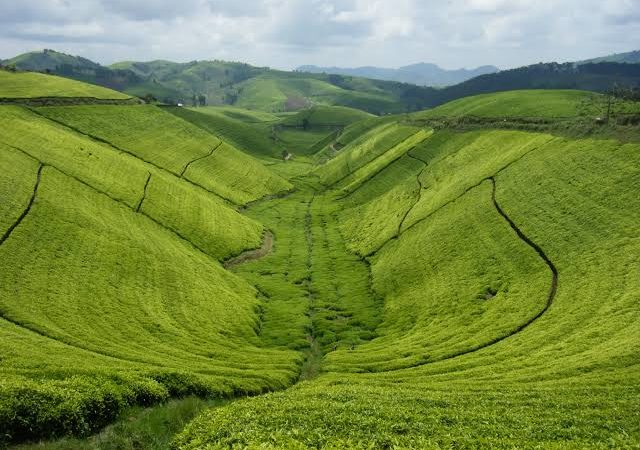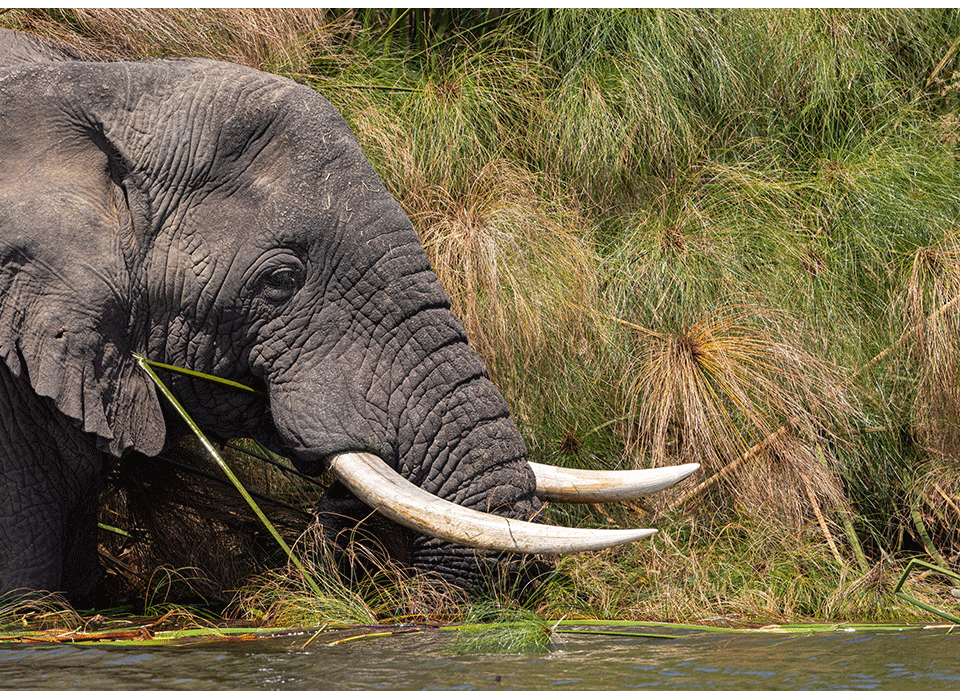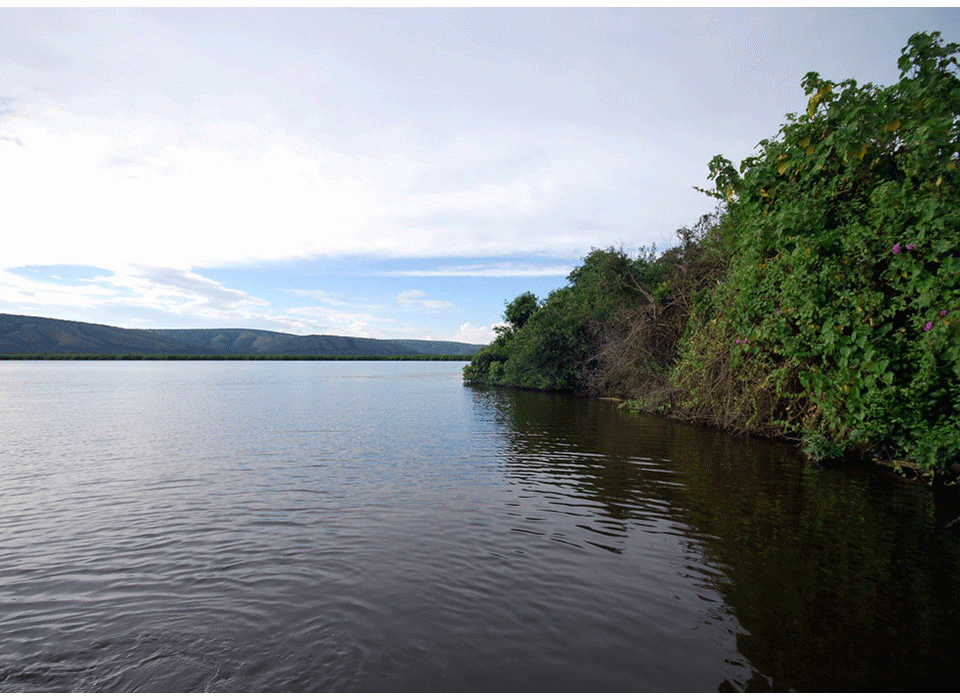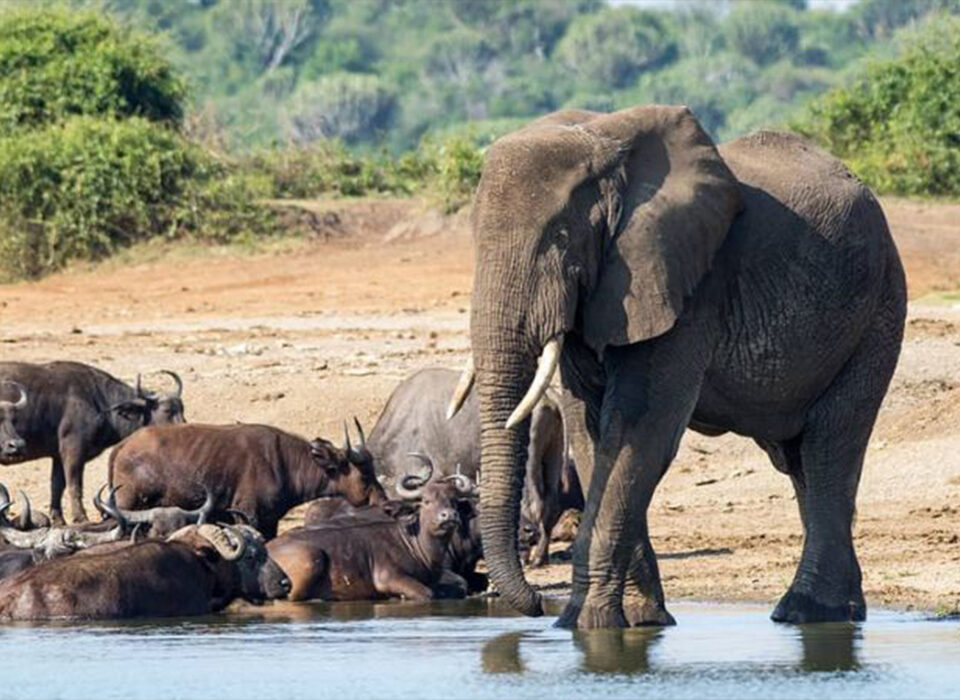
Is it safe to walk around Kigali at night?
November 13, 2025
What’s the best Kigali city tour experience?
November 13, 2025Can I Visit Tea Plantations in Rwanda?
Rwanda, often celebrated for its mountain gorillas, rolling hills, and vibrant culture, is also one of the world’s rising stars in premium tea production. The country’s lush landscapes, rich volcanic soils, and high altitudes create the perfect environment for growing some of the most fragrant and high-quality teas on the African continent. Many travelers who venture through the Land of a Thousand Hills are pleasantly surprised to learn that visiting tea plantations is not only possible but also one of the most serene, scenic, and culturally enriching experiences Rwanda has to offer. If you are planning a trip and wondering whether you can visit tea plantations in Rwanda, this comprehensive guide will help you explore everything you need to know—where to go, what to expect, why tea is so important, and how to make your visit truly unforgettable.
Rwanda’s Tea Culture: A Story of Growth, Beauty, and Heritage
Tea production has played a significant role in Rwanda’s economy for decades. Introduced during colonial times, tea has grown into one of the country’s top exports, alongside coffee. Today, Rwanda’s tea is recognized globally for its bright flavor profiles, rich aroma, and impeccable quality. The combination of high elevation, abundant rainfall, and rich soils gives Rwandan tea its characteristic depth and freshness.
But beyond commerce, tea has become woven into the cultural and social fabric of the country. Many rural communities depend on tea farming for their livelihoods, and plantations are often surrounded by villages where life flows in harmony with the green fields that stretch across the hills. For visitors, exploring these landscapes offers not only breathtaking scenery but also a chance to understand the lives of the farmers, the dedication behind each harvest, and the meticulous process that brings tea from leaf to cup.
Can Visitors Explore Tea Plantations in Rwanda?
Yes—travelers are warmly welcomed to visit tea plantations across Rwanda. Many estates provide guided tours, tasting sessions, educational walks, and immersive experiences that allow visitors to learn everything from tea cultivation to processing and final packaging. The plantations are often located in some of the most picturesque parts of the country, offering scenic drives and peaceful environments that feel worlds away from the bustle of city life.
Whether you are a tea lover, a cultural explorer, a photographer, or simply someone who appreciates beautiful landscapes, Rwanda’s tea plantations offer something truly special. From the terraced hills of Gisovu to the misty plains of Nyungwe, every plantation visit reveals a different aspect of the country’s natural beauty and agricultural heritage.
Gisovu Tea Estate: One of Rwanda’s Finest
Located near the northern edges of the Nyungwe Forest, Gisovu Tea Estate is one of the most famous and visually stunning tea plantations in Rwanda. Its elevation—sitting at more than 2,000 meters above sea level—gives its tea a distinctive brightness and delicate flavor profile loved by tea enthusiasts worldwide.
What makes Gisovu particularly memorable for visitors is its breathtaking scenery. The plantation is surrounded by rolling hills and mist-covered landscapes, offering postcard-perfect views in every direction. On a guided tour, travelers can explore the fields, meet farmers, visit the factory, and learn about both traditional and modern methods of tea processing. The cool mountain air, quiet environment, and lush greenery create an atmosphere that feels peaceful and rejuvenating.
Gisakura Tea Plantation: A Beautiful Encounter Near Nyungwe
Another must-visit is the Gisakura Tea Plantation, located on the western edge of Nyungwe National Park. This plantation is one of Rwanda’s most iconic locations for tea production, known for its sweeping green hills, panoramic views, and close proximity to the rainforest. As you stand on the edges of the tea fields, you can often see the dense canopy of Nyungwe in the background—creating a contrast of cultivated beauty and wild forest that makes this area truly unique.
Visitors to Gisakura can enjoy guided walks through the tea fields, learn about harvesting practices, interact with local workers, and visit the nearby tea processing factory. Because of its location near Nyungwe National Park, combining a tea plantation visit with activities like chimpanzee trekking or canopy walks is common, offering an exceptional blend of adventure and relaxation.
Pfunda Tea Estate: A Scenic Stop Near Rubavu
For travelers exploring Rwanda’s northern or western regions, Pfunda Tea Estate near Rubavu offers an excellent and accessible opportunity to experience tea culture. Located between Gisenyi and Musanze, Pfunda is known for its wide expanses of tea fields that stretch across gentle hills, creating beautiful scenery ideal for photography and nature walks.
Tours at Pfunda often include a factory visit where travelers can observe tea leaves being sorted, rolled, fermented, and dried. These hands-on experiences help guests appreciate the craftsmanship and precision involved in every cup of Rwandan tea. Because Pfunda is close to Lake Kivu, many visitors enjoy pairing the plantation tour with relaxation along the lake’s shores.
What to Expect During a Tea Plantation Visit
Visiting a tea plantation in Rwanda is an immersive and educational experience. Most guided tours include:
A stroll through the tea fields, learning how tea bushes are grown and cared for
Observation of harvesting techniques, often performed by skilled farmers who pick only the top leaves
Visits to factories where leaves are processed through withering, rolling, fermenting, drying, and sorting
Tea tasting sessions that highlight the distinct flavors created by Rwanda’s soils and climate
Opportunities to purchase freshly packed tea directly from the estate
During your tour, you will learn the differences between black, green, and white teas, how altitude influences flavor, and why Rwanda’s teas are valued worldwide for their consistency and quality. You may also have opportunities to meet farmers, hear personal stories, and gain insight into how tea supports local communities.
The Scenic Beauty of Rwanda’s Tea Regions
Rwanda’s tea plantations are not just agricultural sites—they are some of the most scenic landscapes in the entire country. The terraced hills create flowing patterns that are especially striking in morning light or under drifting mist. Walking through these plantations offers an almost meditative experience, with fresh mountain air, gentle breezes, and endless shades of green stretching in every direction.
Photographers, nature lovers, and travelers seeking tranquility often describe tea plantations as some of their favorite places in Rwanda. The combination of serenity, natural beauty, and cultural immersion makes these areas perfect for slow travel and meaningful exploration.
How Tea Plantations Support Local Communities
Tea farming plays an essential role in rural Rwanda. Many families depend on tea cultivation for their livelihoods, and plantations often operate through cooperative structures that ensure fair pay and community support. By visiting tea plantations, travelers contribute directly to local economic development.
Some plantations also support community initiatives such as:
Women empowerment programs
Education sponsorships
Environmental conservation
Village infrastructure development
By purchasing tea directly from estates or local shops, visitors help sustain these initiatives while taking home high-quality, locally produced products.
When Is the Best Time to Visit Tea Plantations?
Tea plantations in Rwanda can be visited year-round. The country’s mild climate ensures that the fields remain lush and green in most seasons.
However, the most scenic times include:
Early mornings when mist drifts across the hills
The dry seasons (June to September and December to February) when views are clearer
Late afternoons when golden light highlights the hillsides
Even during rainy seasons, the mist and clouds often enhance the dramatic beauty of the landscape, creating a dreamy, atmospheric experience ideal for photography and peaceful walks.
Why Tea Plantation Visits Are Worth Adding to Your Itinerary
Visiting tea plantations in Rwanda is more than a sightseeing activity—it is a chance to slow down, breathe fresh mountain air, and connect with the cultural and agricultural heart of the country. Whether paired with a gorilla trekking adventure, a national park visit, or a lakeside retreat, tea plantation tours add depth and meaning to your journey.
Travelers who experience Rwanda’s tea culture often describe it as one of the most serene and memorable parts of their trip. The quiet rhythms of tea farming, the breathtaking landscapes, and the connection to local communities make plantation visits unforgettable.
Book Your Tea Plantation Experience with Experiya Tour Company
To make the most of your journey through Rwanda’s tea regions, booking with a trusted tour provider ensures seamless transportation, expert guidance, and enriching cultural experiences. Experiya Tour Company is highly recommended for travelers seeking well-planned plantation tours, scenic drives, and combinations of tea experiences with Rwanda’s top attractions. Their team understands the cultural significance of tea farming and offers personalized itineraries that allow you to explore plantations like Gisovu, Gisakura, Pfunda, and more with comfort and insight. For a relaxing, educational, and visually stunning introduction to Rwanda’s tea culture, Experiya Tour Company is your perfect travel partner.




